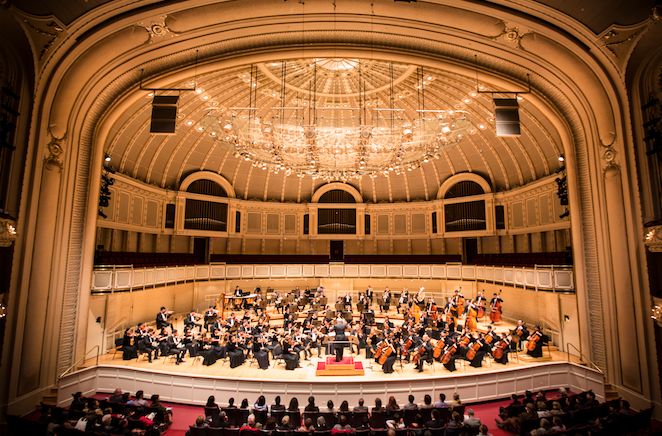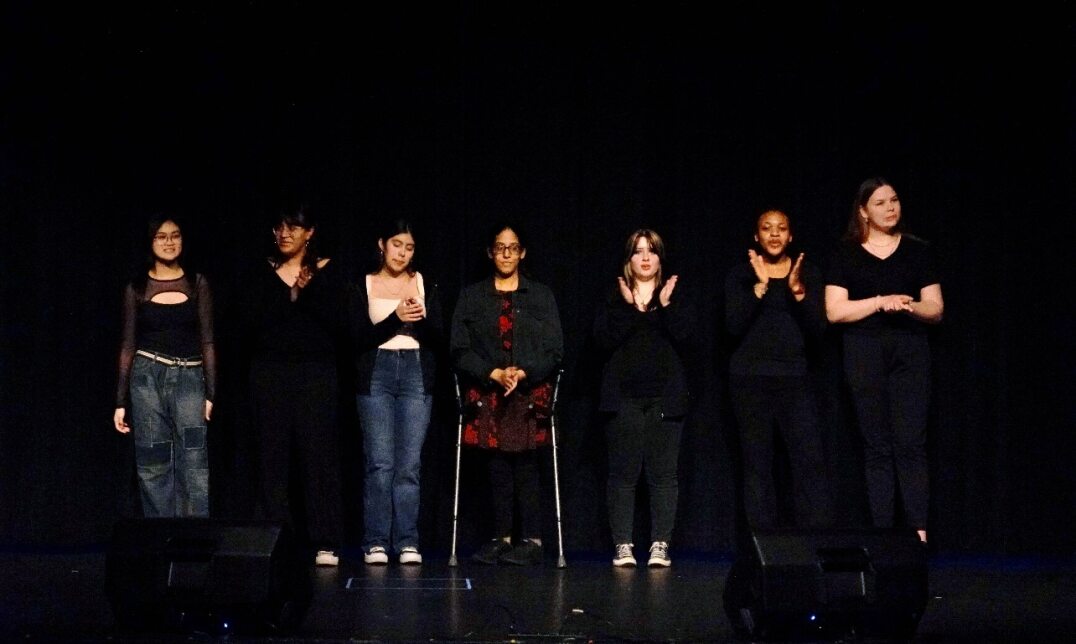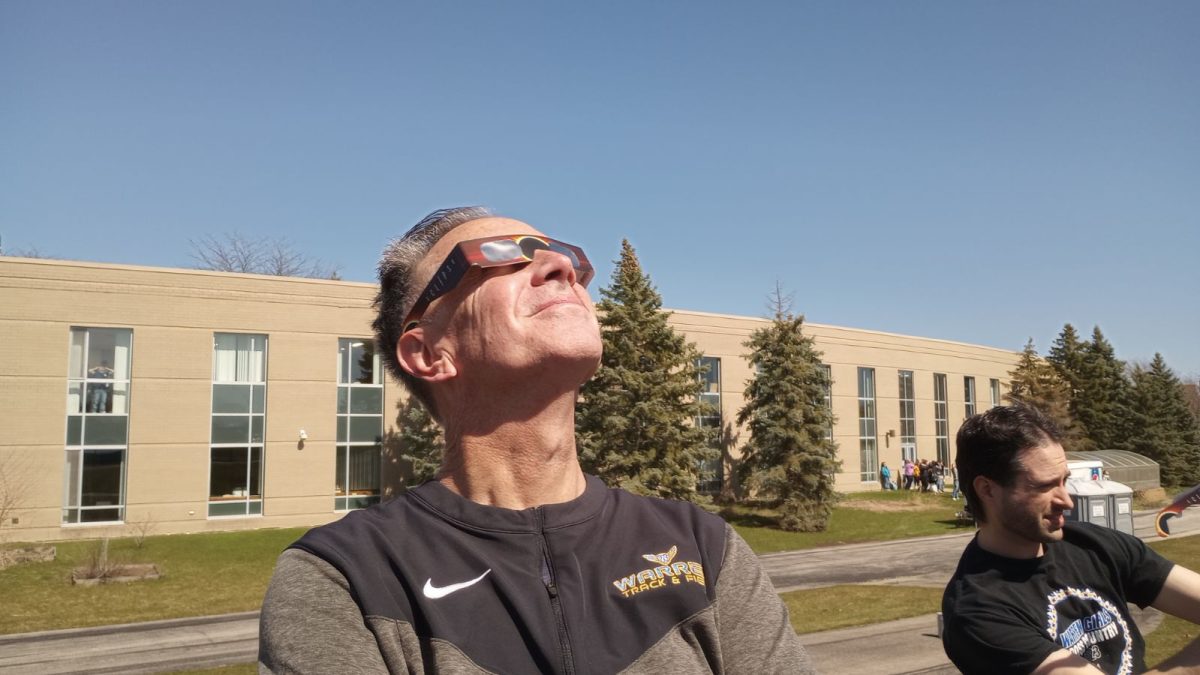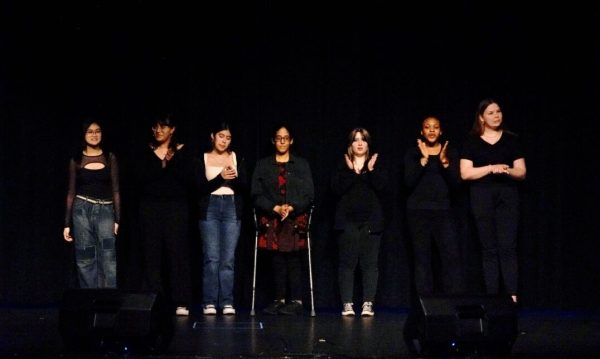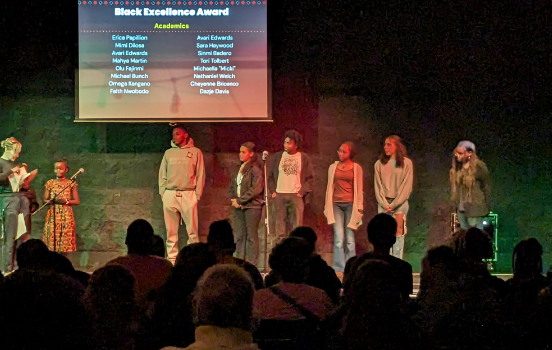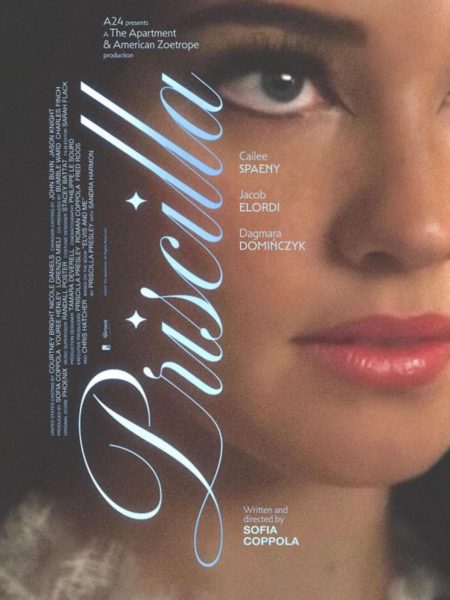Music That Transcends Time
October 25, 2017
I feel that classical music as a genre is largely overlooked by my generation. To a lot of teens today, it may seem outdated or boring compared to the upbeat trendy music on the radio. Some don’t like the sound of it at all, while others are content to leave it as simple background noise while they study. But to me, it is the most brilliant manifestation of human thought and emotion one can ever hear. It is the music closest to my heart.
My love for classical music began when I was very young. Following my sister’s example, I started to take piano lessons the winter I turned five years old. My teacher would stretch out my tiny cold hands over the smooth ivory keys, and I relished the feel of pressing down on the polished wood, hearing the different notes resonate from the proud regal body of the piano. It filled me with a joyful warmth that melted away the chill. In childish wonderment, I attempted to mimic the audible grace in my teacher’s playing, but was only able to produce a clanging dissonance from my fumbling fingers.
However, with years of arduous practice came improvement. I found that each new piece possesses its own set of trials and triumphs for the musician who endeavors to learn it. Every song is written with its own character in order to capture a certain emotion. Chopin’s nocturnes (literally meaning “songs of the night”) all feature a dominating lyrical melody over a left-hand accompaniment based on broken or spread chords, such as his famous Nocturne No. 2 in E-flat Major opus 9. The operatic right-hand sings out in a dramatic, often nostalgic and intimate voice, carrying its theme over the softer yet rich bottom notes of the bass clef. The nocturnes are heartbreakingly lovely in their melancholy. Technically, they are not overly showy or difficult. The challenge lies in the musicality because anyone can play the notes, but things like dynamics, tasteful pedaling, articulation, accents, and tempo – these are the things that have to be honed through hours of sensitive practice.
There are three common divisions of classical music: Baroque (1600-1750), Classical (1750-1820), and Romantic (1804-1910). From the Baroque period is where we get our beloved Mozart, Handel, and Bach. The Classical era birthed Beethoven’s Symphony No. 5, one of the most well known and frequently played compositions, with the piano hammering out the definitive da-da-da-DUM, da-da-da-DUM that is so often referenced in popular modern media.
The Romantic era, stemming from Romanticism, the literary and artistic movement in Europe during that time, took all of the technical and musical skills from its predecessors and vividly transformed music into a new and reinvigorated experience. At the turn of the nineteenth century, melodies are made more expressive and emotional as harmonies are layered over counter-melodies hidden in the passages. The composer’s heart is poured out into every measure of music, relinquishing itself to the keys of the piano, breathing life into every instrument of the dramatically expanded orchestra.
Along with the aforementioned Chopin, other Romantic-era greats include Tchaikovsky, Schubert, Schumann, Brahms, Mendelssohn, Liszt, and my personal favorite, Rachmaninoff. He plays with such raw power and feeling along with distinctly Russian tones, most notably in his Piano Concerto No. 2 in C Minor. The first movement is utterly captivating with its unforgettable opening. The piano starts solemn and soft with thick chords sounding like bells tolling in the distance as it builds into a grand fortissimo, then lets itself fly into a deep thundering accompaniment to the sweeping strings of the orchestra with rapidly undulating arpeggios, the driving force behind the next thirty-two minutes of absolute virtuosity. The music just steals my breath away, no matter how many times I replay it.
Over time, pieces come to feel like old friends. With every listen, I come to know them more and more deeply. I’ve realized that the beauty of classical music is that even though there are no lyrics to sing along to, for centuries people around the world have listened to these genius compositions and felt what they heard; they have felt what I have felt. An eight-year-old boy, a young woman, and an old man can listen to the same piece by someone who died so long ago, and they can still experience what the composer experienced as he wrote it. Classical music unites across oceans, across ages, across language barriers, and it will continue to touch the hearts of people for many years to come.



